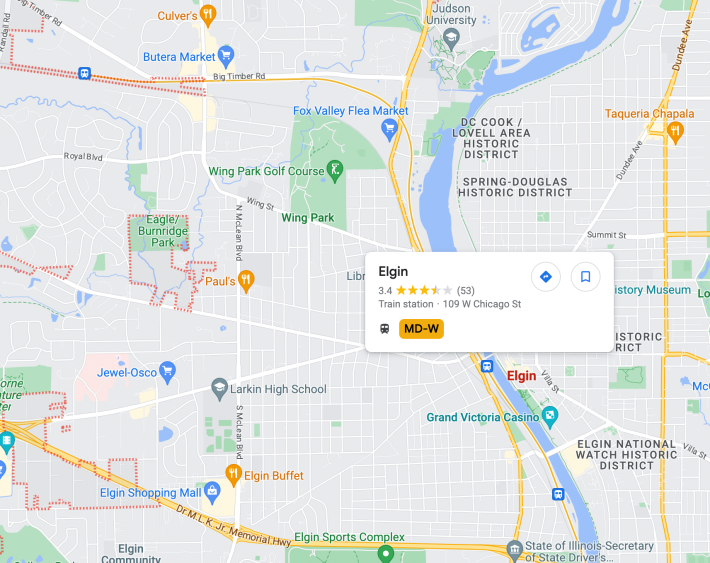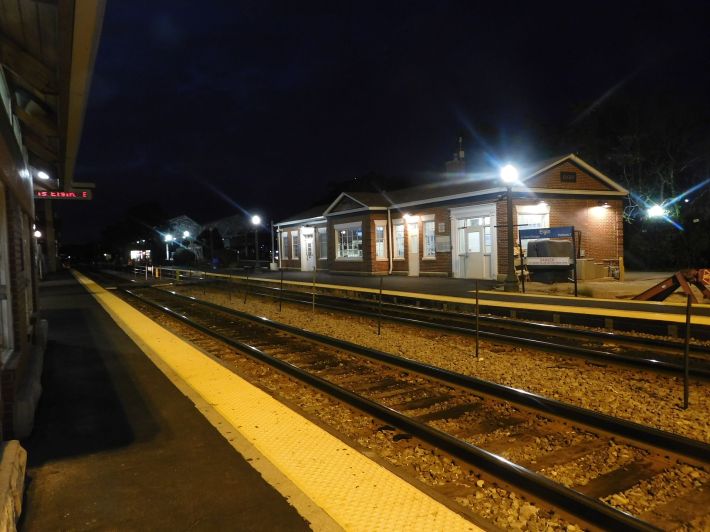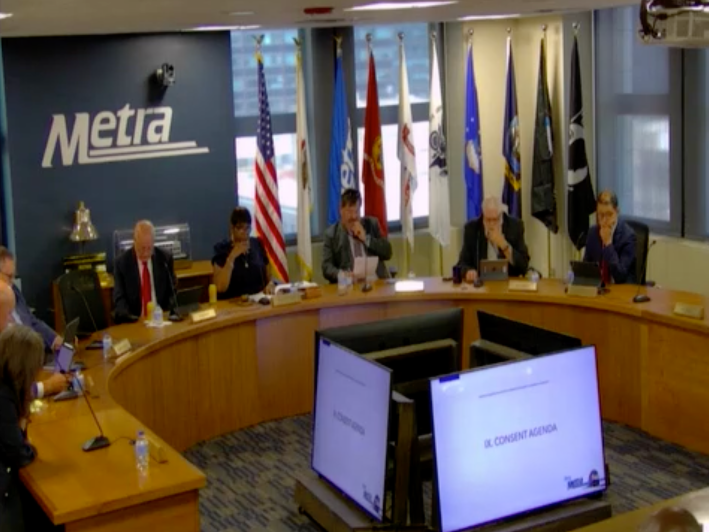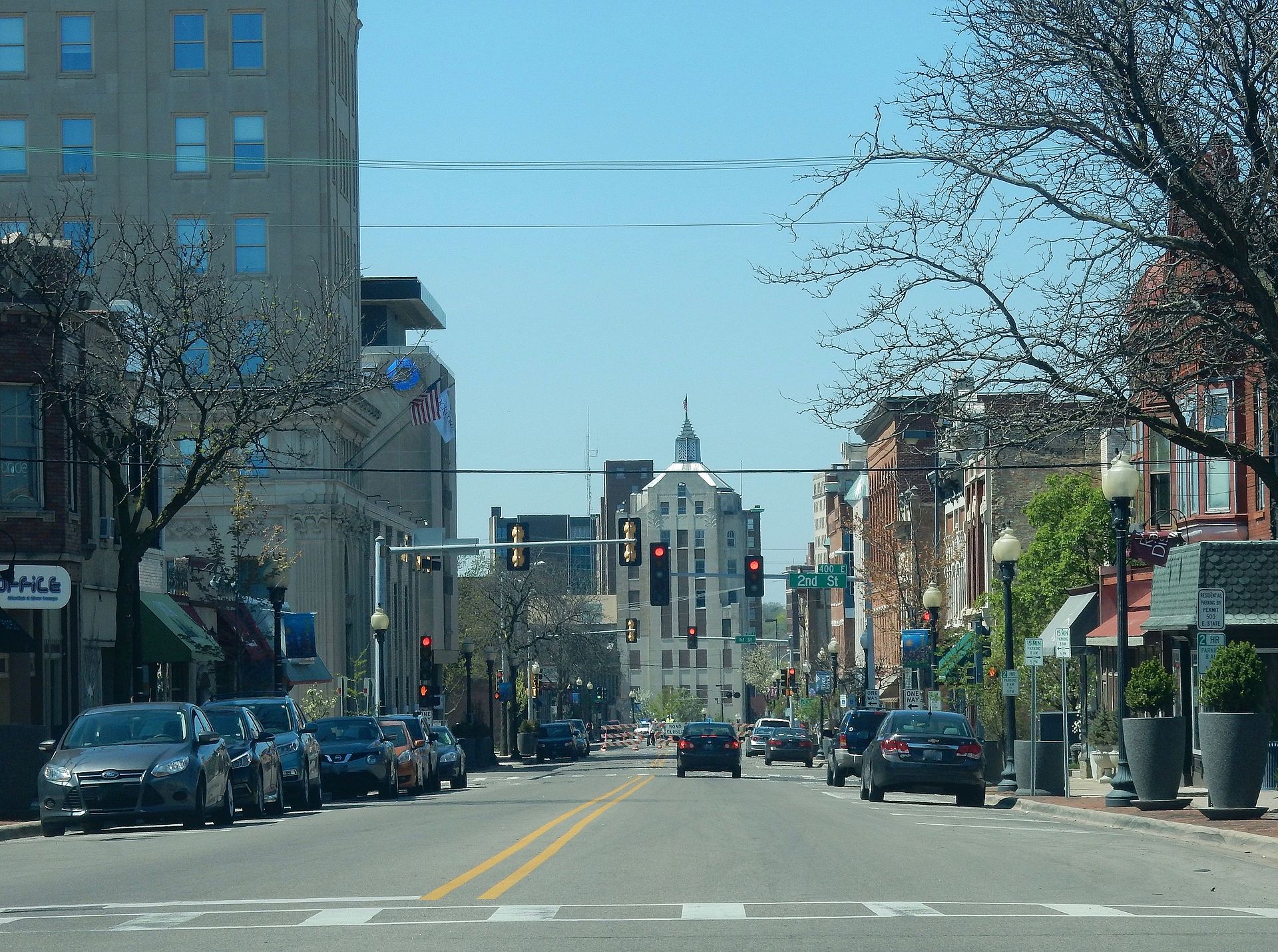The Metra Board of Directors unanimously approved the Memorandum of Understanding with the Illinois Department of Transportation setting some general parameters for the new Rockford-Chicago Metra service.
The resolution, which was approved during the July 19 meeting as part of the broader consent agenda, allows Metra staff and IDOT to negotiate the agreements necessary to make the service happen. The staff will be able to approve the final agreement without another board vote. Metra and IDOT will still need to make a separate agreement with the Union Pacific Railroad to allow Metra to use the latter’s tracks.
While many details will still need to be negotiated, the MOU has some interesting nuggets. While IDOT has been upfront from the get-go that the service will have two round trips, the document confirms a morning round trip and an evening round trip. While that statement also made it clear that there will be a stop at Elgin, the MOU indicates that Metra and IDOT would need to choose which of the three stations located in Elgin it would be. The agreement calls for the two entities to “determine preliminary plans and cost estimates” by November 1, 2023.

The new service would use the existing Metra-owned Milwaukee District West Line tracks until its terminus at the Big Timber station. A new connection will need to be built to link those tracks to Union Pacific tracks that run parallel to the Metra tracks near the station before heading northwest toward Rockford. The MOU indicates that IDOT will not only pay for the connection out of its own pocket, but design and build it after running the designs by Metra.
The preliminary plan attached to the agreement states that “prior to the initiation of [the service to Rockford], Metra and IDOT shall determine which Metra station in Elgin will be used” and make improvements at whatever stations they choose. Metra has three stations in Elgin: the downtown Elgin station (simply called “Elgin,”) the aforementioned Big Timber station further northwest and National Street station further south.

The downtown Elgin station seems like the most logical choice – it is the busiest station of the three and serves as a local transit hub, with express buses toward the Rosemont Blue Line ‘L’ station and local buses traveling as far south as Aurora and as far north as Crystal Lake. There is also the question of capacity – the downtown station has extra tracks for trains that originate and terminate there. If Metra and IDOT do choose one of the other stations, both are served by Pace bus routes that travel to downtown Elgin.
While the MOU specifies that the schedule for two round trips will still need to be finalized, it does broadly outline that the service will have “two departures between 6 to 8 a.m. and two departures between 5 to 7 p.m.” The tentative schedule notably avoids giving any times for when trains will depart from and arrive at Rockford, or any other stop northwest of Elgin, which includes Huntley and Belvidere. But it calls from the morning inbound train to arrive in Elgin at 8:06 a.m. and at the Chicago Union Station at 8:55 a.m, while the morning outbound train would leave the Union Station at 7:30 a.m. and stop in Elgin at 8:19 a.m. The evening outbound train would leave the Union Station at 5:15 p.m.., and arrive in Elgin at 6:04 p.m., while the inbound train will arrive at Elgin at 5:51 p.m. and at the Union Station at 6:04 p.m.
If the times are any indication of the expected travel speed, it would create the faster express option between Elgin in Chicago than any of the currently scheduled express trains by around 10 minutes. It would be especially useful for reverse commuters, who currently don’t have any express trains available. If the Milwaukee District West’s existing schedule doesn’t significantly change, it would also create an extra travel option on weekends, which would especially come in handy on Sundays.

The agreement also notes that Metra and IDOT will have to negotiate with Amtrak, which owns the Union Station, to figure out the logistics of using the north side platforms. This shouldn’t be much of an issue – all but two Amtrak routes use the south platforms, so there is extra capacity.
Later during the meeting, Metra Executive Director Jim Derwinski said that the transit agency will do everything it can on its end to make the project happen. “What we can control, we will def expedite, and what we can’t control, we will definitely push to make improvements,” he said.
View a video of the June 19, 2023 Metra Board of Directors meeting here.

Dd you appreciate this post? Please consider making a tax-deductible donation.




